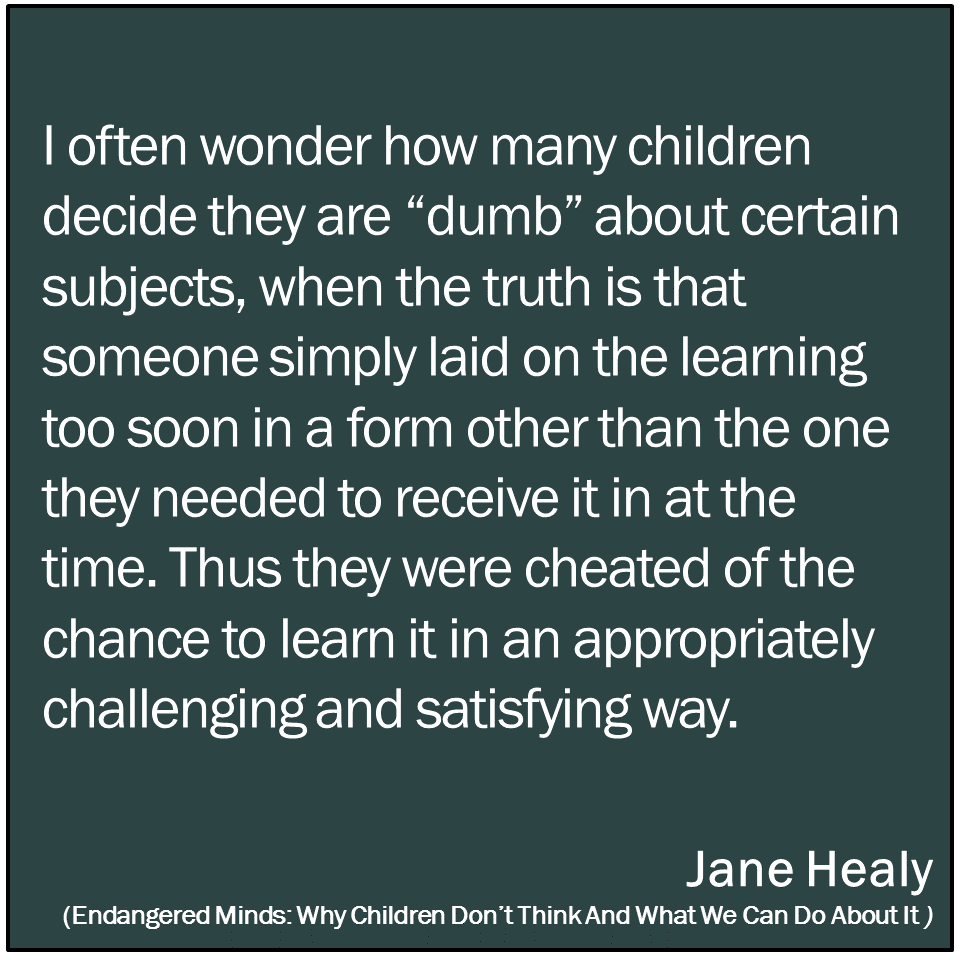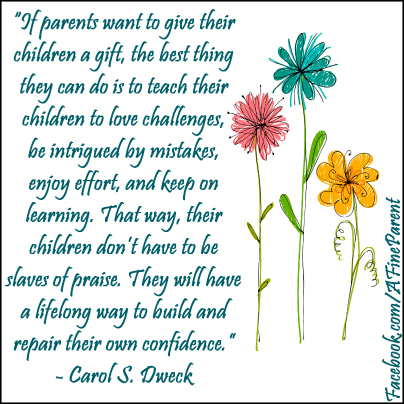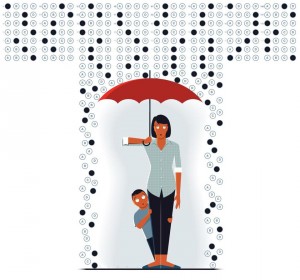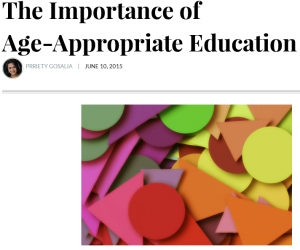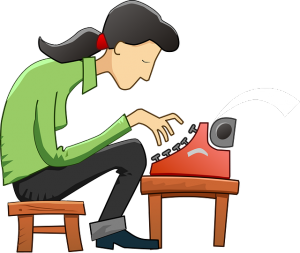I have been doing some more reflecting of late on how to educate students in the most meaningful ways while also addressing the time constraints and the resources at hand. My focus has had little to do with the Common Core so if that is something you aspire to, you will be well advised to move along. I do not worship at the altar of the CCSS. Instead, I want to continuously think about the passions of students and educators.
Of all the units I have created over the years, the most wonderful, engaging, exciting were hands-on to the extreme. They included tremendous amounts of student input. I’m not just talking about setting up the direction the unit would flow. I am talking about using the students as experts and scientists all along the way. They researched both at home and at school. They shared readily with their peers. They developed confidence and poise. They learned a lot!
Take the unit on Space. Space is not a science standard for kindergarten. Those standards lean more toward cycles and seasons.
Our learning was heavy in discovery through picture books and videos or other online resources. I kept a number of the media resources on a ThingLink and shared the url with parents so they could connect and revisit some of the work we were doing while at home with their kids. Often the kids were the experts and eager learners for the information the parents wanted to share. That in turn came back into class through sharing.
Reading:
Approximately 25 library books, on space. the sun and moon, and the planets, had a central place in the classroom. Every day children spent time perusing the images in the books as a part of the Work Board rotation. They talked with their peers about what they saw and asked questions. They thought it was COOL!
I read topical books to them through interactive read aloud. This became a magical time as the students became the teachers. They knew so much about the topic and the class loved to hear about it. The reading experiences were rich in personal connections for making better meaning of the content.
Listening
Well, it goes without saying that they needed to listen to me and their peers. They needed to attend to the information presented through video and other media. They listened to an astronaut give a tour of the International Space Station and they dreamed about living on it.
Speaking
This is the most valuable skill to practice. When students organize their thinking in order to share something with their peers, to answer or ask questions, to elaborate on some information, they are communicating with ever-increasing skill. This real world practice can be challenging for some of the quieter kids. Try to tailor an option for them to share with just one or two others, rather than the whole group. The peers can share any information aloud for them. It’s okay.
Writing
When asked what we should write about, the class had tons of ideas. We included a class book about our favorite planet. We also did science reports on the sun and sky, as well as what we noticed about day and night. In kindergarten, we are heavy into illustration as a means of written sharing. The details the kids include and their oral presentation of that visual piece are always excellent. Even the weaker illustrators had great detail in their thinking. Being able to orally share their work brought them greater satisfaction that the meaning came across.
Also:
- We learned about space careers and government agencies like NASA.
- We tweeted messages to our friends in other classes about what we were studying and shared our thinking on different topics.
- We dramatized being aboard the ISS, then dressing for a space walk. We encountered many challenges on that space walk which fueled our understanding of space.
- We gathered at school early one winter evening with our families to look at the night sky and even do a little “owling.”
Of course we had many opportunities for arts and crafts and the kids ran with it.

The most important thing to take away from this post is that the children will take you where they need to go. Let them take the lead. With just a little guidance and suggestion, they will find the most rewarding and valuable learning experiences. At the same time, they will be exercising all of the key areas of learning in your curriculum.
There is something magical about children at play. By creating the most student centered learning, you are ensuring that the play they feel will extend into their academic lives and will be cemented into world knowledge. We can only wonder where that learning will take them down the road.





